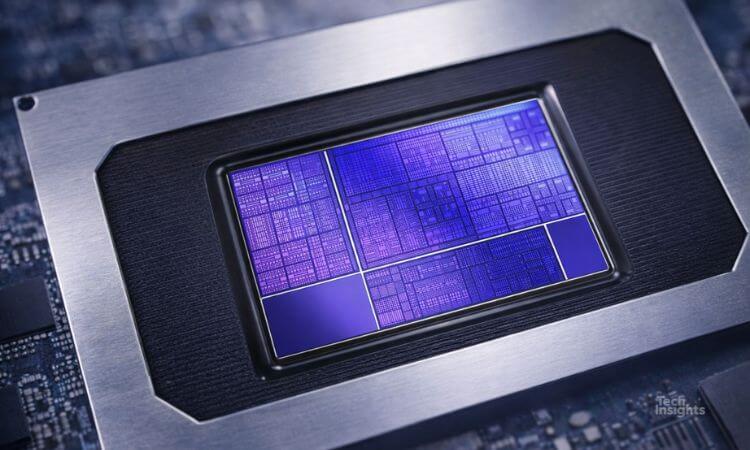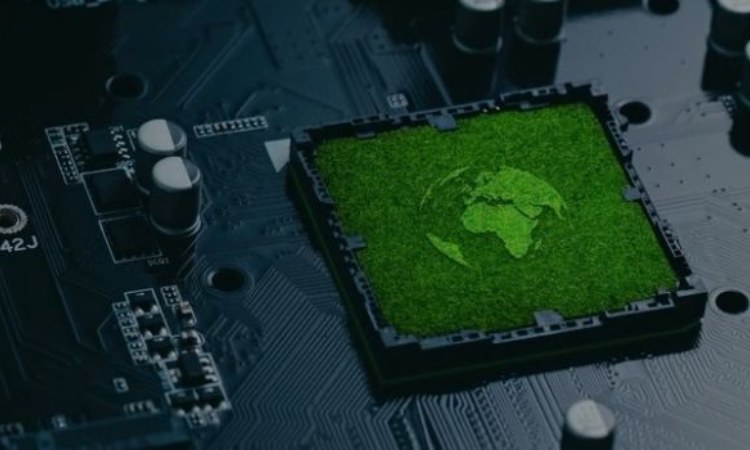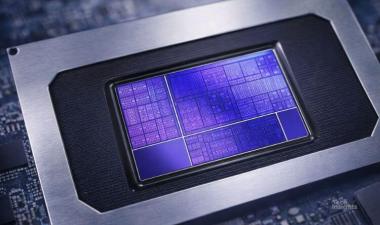Chiplets moving into the Fast Lane: Transforming Automotive Processors
Discover how chiplet technology is transforming the automotive industry, offering higher yields, faster development, and reduced costs. TechInsights predicts significant chiplet adoption by 2030, driven by evolving vehicle architectures and the electric vehicle boom. Explore the latest insights from SEMICON West.
The recent SEMICON West conference in San Francisco buzzed with excitement surrounding chiplet technology, and the automotive industry is no exception.
Why Chiplets are Gearing Up for Automotive Applications
TechInsights’ analysis predicts a significant rise in chiplet adoption within the automotive sector by 2030. This trend is fueled by several key factors:
- Evolving Vehicle Architecture: Modern car designs are consolidating computing power into a smaller number of high-performance modules. This shift demands powerful processors.
- Electric Vehicle Boom: The rapid adoption of electric vehicles is accelerating the implementation of these new architectures, creating a greater need for adaptable processing solutions.
- Challenges of Monolithic SoCs: Traditional methods would require ever-larger system on chips (SoCs). This results in lower yields (usable chips per fabrication run), higher costs, and longer development cycles.
- Unpredictable Future Needs: The specific processing requirements for future vehicles, particularly in areas like AI, are constantly evolving. Chiplets offer greater flexibility to adapt to these changing demands.
TechInsights' data paints a clear picture: By 2031, we expect nearly half of the total dollar value of automotive processors to come from high-performance SoCs.
Chiplets: A Winning Formula for Automotive Processors
Chiplet technology offers a compelling solution to automotive processing challenges. Here's how:
- Higher Yields: By breaking down complex SoCs into smaller, specialized chiplets, manufacturers can achieve higher yields, leading to more usable processors per fabrication run.
- Faster Development Times: Modular chiplet based design allows for faster integration of new technologies and functionalities, accelerating the development cycle.
- Reduced Costs: Chiplet technology has the potential to lower overall production costs compared to traditional monolithic SoCs.
TechInsights believes the automotive industry is well-positioned to embrace chiplets due to its pressing need for adaptable and high-performance processors. For details on what we saw at SEMICON West and how chiplet adoption is accelerating in this industry, read our full writeup.











